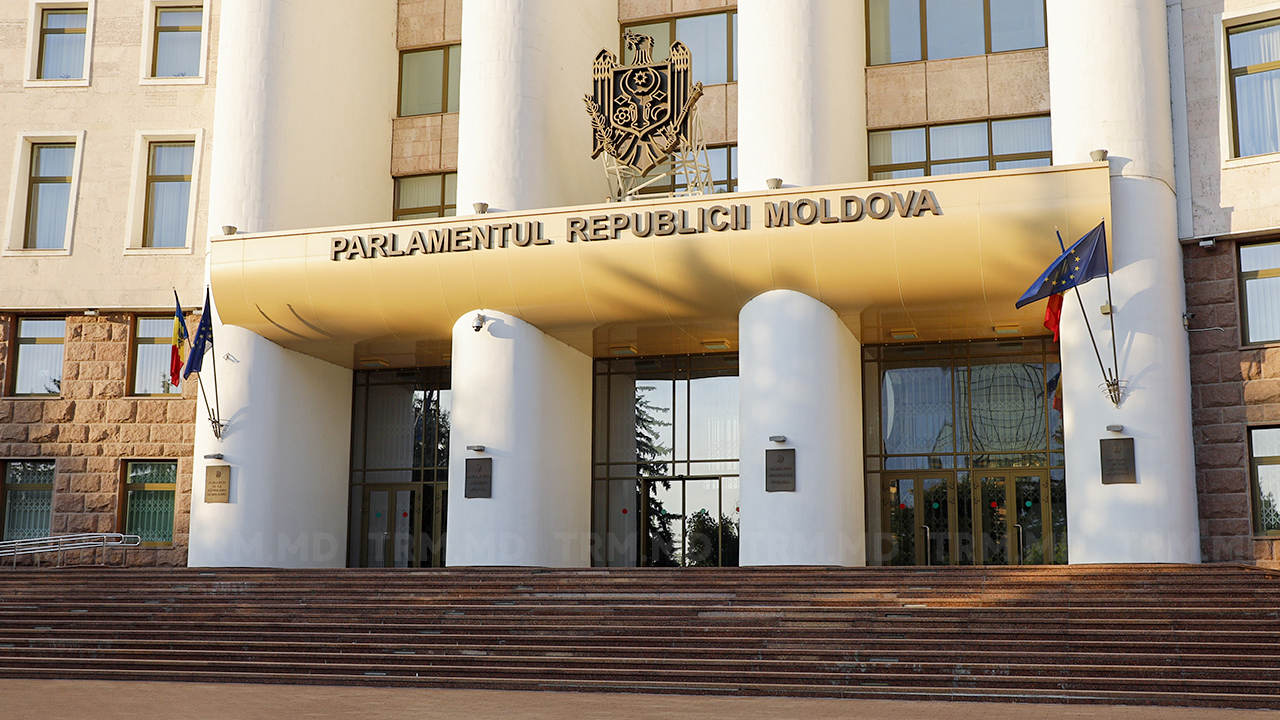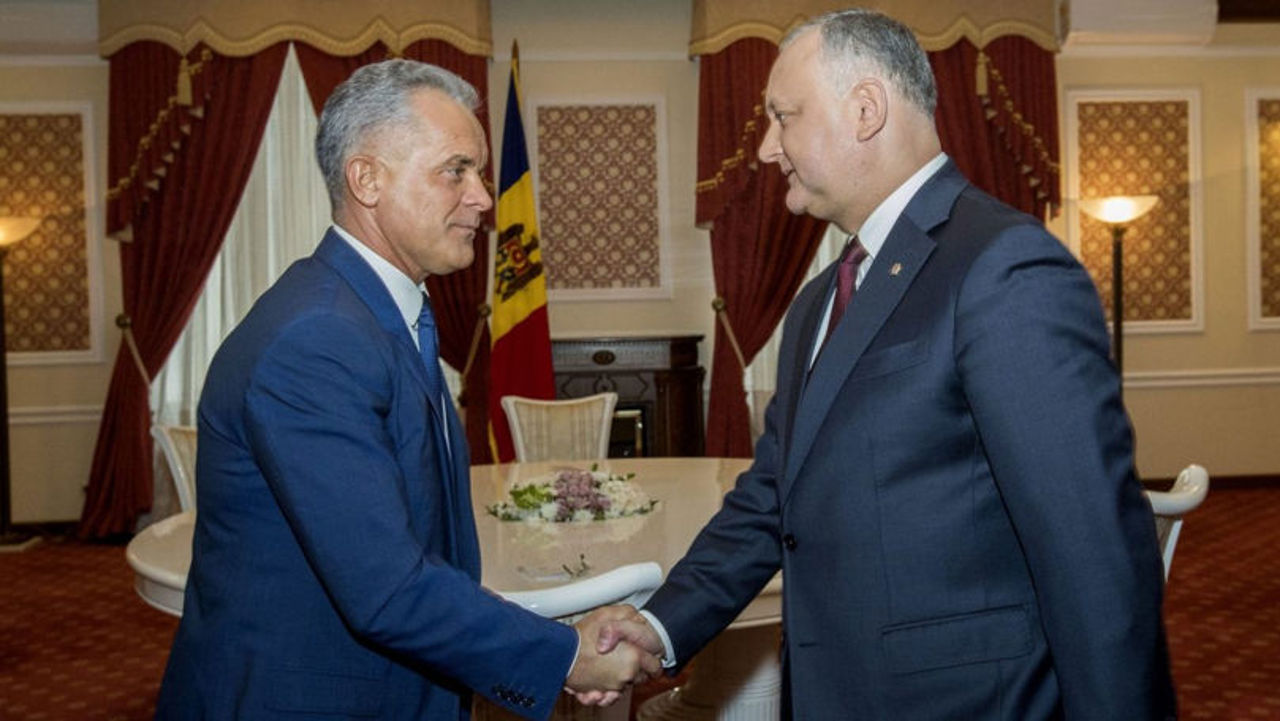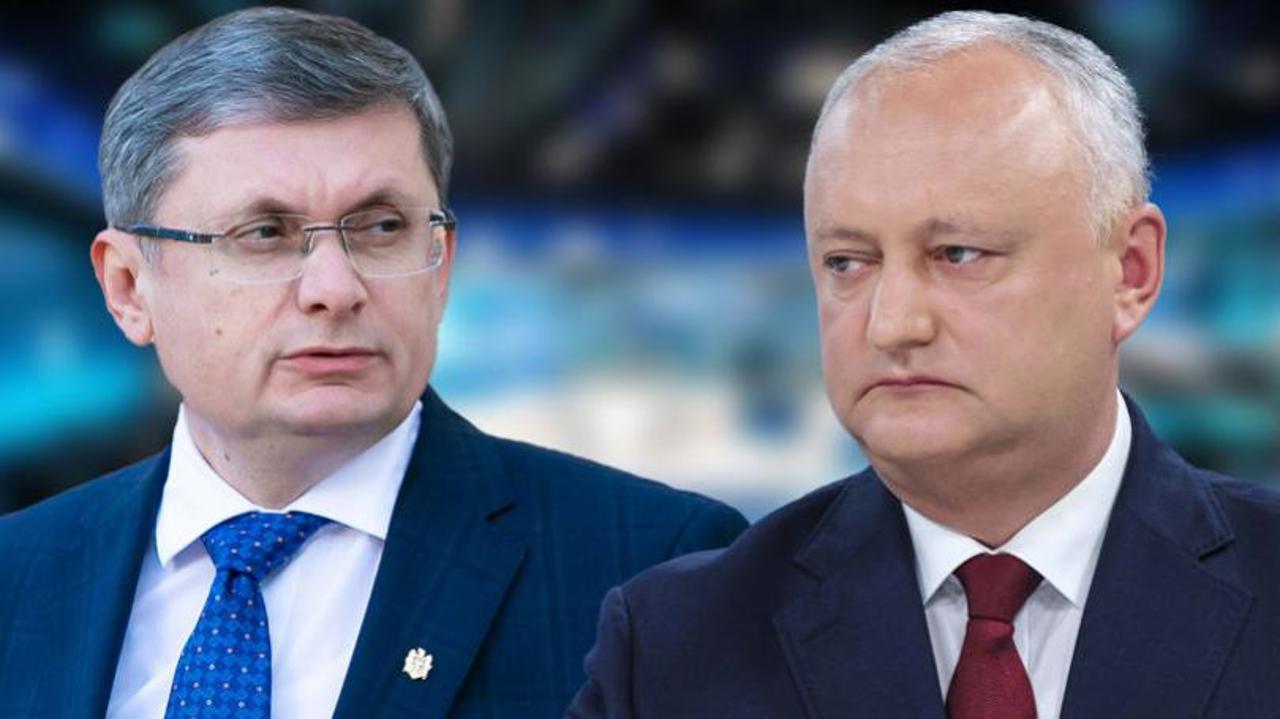Moldova's path to Independence: A historical overview and EU aspirations
The main topics in the press, reviewed by Victoria Colesnic, are how the Declaration of Independence of the Republic of Moldova was voted on instead of the Act of Union with Romania, and why the opportunity to join the EU should not be missed.

On August 25-26, 1991, the idea of Union was being debated. However, on the morning of August 27, it was decided to pursue Independence. Ziarul de Gardă features an interview with Ion Mărgineanu, a deputy in the First Parliament of the Republic of Moldova, who described the behind-the-scenes of the voting on the Declaration of Independence. According to Mărgineanu, preparations were underway for the Union with Romania at that time. However, former President Ion Iliescu declared on the eve that Romania could not accept Moldova into its fold at that time. 'Then it was immediately decided to pursue Independence. Although the idea of Union was debated on August 25-26, with many agrarians in favour, on the morning of August 27, Mircea Snegur, in whom we all had confidence, said we would pursue Independence. And so it was voted,' Mărgineanu stated.
'Get on the EU accession train and don’t miss the opportunity. The next chance might not come for 20-30 years,' writes Moldova 1. The news outlet interviewed the three presidents of the Baltic States who were in Chișinău for the Independence Day of the Republic of Moldova. The three heads of state discussed the benefits their countries have experienced since joining the European Union. For instance, Lithuania's GDP increased fourfold, salaries fivefold, and foreign direct investment grew sixfold. Estonia is developing wind farms to diversify its energy sources and reduce dependence on Russian resources. The Latvian president highlighted that European funds and policies in agriculture, education, and research have significantly improved the standard of living and the country's development. The Baltic States have expressed their support for the Republic of Moldova in its European journey, as reiterated by the presidents. More details are available in the interview.
Newsmaker.md provides an analysis of how the Baltic States successfully transitioned from leaving the USSR to joining the EU within 14 years. Expert Andrei Curăraru of WatchDog emphasised two key factors: first, the Baltic States' prior experience with independence, which allowed them to adapt quickly to their new status and initiate European integration processes immediately. Second, the absence of territorial conflicts. The Transnistrian conflict, which began in 1992 in Moldova, significantly delayed the country's European integration. Former Moldovan ambassador to Estonia, Victor Guzun, noted that the Baltic States' success was due to their decision not to 'sit on two chairs,' expecting benefits from both the West and Russia.
After 33 years of independence, the Republic of Moldova's greatest challenge has been the lack of a clear vision for building the state. Radio Chișinău features an interview with historian Sergiu Musteață, who argues that while the country was initially recognized as independent, there has not been a clear vision internally regarding its future. The issue of identity has undermined and continued to divide society. 'Moscow still regards us as a marginal part of its former empire. It is now evident why it exploits identity issues and tries to counter European integration,' Musteață said.
Compromising the October 20 referendum would set the Republic of Moldova back by over thirty years, which would be catastrophic for the country, argues poet and publicist Ion Hadârcă. His statement, available on Moldpres, asserts that there is no alternative but a decisive 'Yes' and widespread participation in the plebiscite. 'I believe all paths are open to us. Now it depends on us. Accession to the European Union is a realistic goal if we achieve a more than honourable result and a good score in this referendum,' Hadârcă stated.
Turning to other topics covered in the press, a serious incident occurred at a construction site in the capital. Moldova 1 reports that eight people were injured when the floor of the second level of an upcoming sports complex in the Botanica sector collapsed. According to Andrei Prisăcari, head of the Chișinău Territorial Labor Inspection, five individuals are in serious condition at the hospital. A criminal investigation has been launched to determine all the circumstances, and a technical examination of the construction is also forthcoming.
Ziarul de Gardă reports that the administration of "GagauziyaLand," financed by oligarch Ilan Șor, claims that the amusement park is 'equipped according to all safety standards' and expresses surprise at the 'unfounded accusations from the authorities' after a 10-year-old girl suffered a double leg fracture while playing on the premises on August 26. The park administration has announced its readiness to assist the family and cover all expenses related to the girl's treatment and rehabilitation to ensure a swift recovery. Previously, the General Police Inspectorate stated that 'the opening of this children's amusement park had not been authorised by the competent authorities, and the administrators jeopardised the health and safety of minors by allowing them access to the premises.'
Lastly, in cultural news, Chișinău will host the tenth edition of the Romanian Film Days, as reported by Moldpres. The most successful Romanian films from the past year, selected at major festivals such as Cannes, Venice, and Berlin, will be premiered in Chișinău from September 26-29 at Cineplex-Loteanu. The screenings will be free of charge and will be followed by discussions with directors, actors, and producers.
Translation by Iurie Tataru




